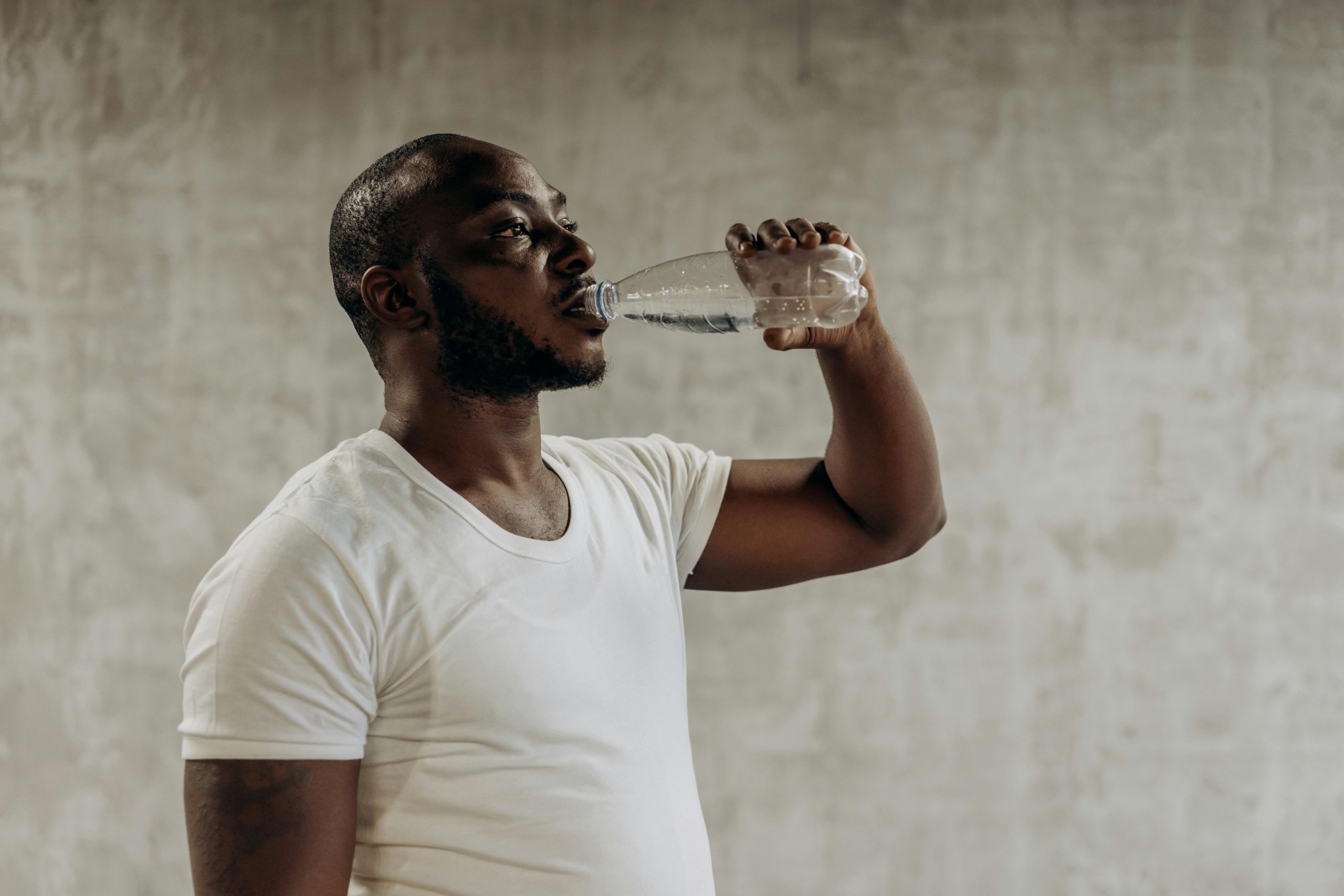Water is the essence of life, yet many people underestimate its importance. Staying hydrated is not just about quenching thirst—it’s about maintaining every function in your body. From regulating body temperature to flushing out toxins, water plays a pivotal role in keeping you healthy and energized. In this guide, we’ll explore why hydration is crucial, how much water you really need, and practical tips to ensure you stay hydrated every day.
Why Hydration Is Essential for Your Health
Water makes up about 60% of your body weight, and every cell, tissue, and organ relies on it to function properly. Here’s why staying hydrated is non-negotiable for your health:
- Supports Digestion: Water helps break down food and absorb nutrients, preventing constipation and promoting a healthy gut.
- Boosts Energy Levels: Even mild dehydration can lead to fatigue, headaches, and difficulty concentrating.
- Regulates Body Temperature: Sweating is your body’s way of cooling down, and adequate hydration ensures this process works efficiently.
- Promotes Healthy Skin: Hydration keeps your skin moisturized, reducing the appearance of wrinkles and dryness.
- Flushes Out Toxins: Water helps your kidneys filter waste and remove it from your body through urine.
Dehydration, on the other hand, can lead to serious health issues like kidney stones, urinary tract infections, and even impaired cognitive function. Clearly, water isn’t just a beverage—it’s a lifeline.
How Much Water Do You Really Need?
The age-old advice of drinking eight glasses a day is a good starting point, but individual needs vary. Factors like age, weight, activity level, and climate all influence how much water you should drink. Here’s a simple way to estimate your daily water intake:
- Body Weight Method: Divide your weight (in pounds) by two—that’s how many ounces you should aim for daily. For example, a 150-pound person needs about 75 ounces.
- Activity Level: If you exercise or live in a hot climate, you’ll need more water to compensate for fluid loss through sweat.
- Diet Considerations: Foods like fruits and vegetables contribute to hydration, but caffeine and alcohol can dehydrate you.
Listen to your body—thirst is a clear signal, but don’t wait until you’re parched to drink water. Dark urine, dizziness, and dry mouth are also signs you need more fluids.
Practical Tips to Stay Hydrated Every Day
Drinking enough water doesn’t have to be a chore. Here are some easy ways to make hydration a habit:
Carry a Reusable Water Bottle
Having water within reach encourages frequent sips. Choose a bottle with measurements to track your intake, or opt for an insulated one to keep water cool all day.
Set Reminders
Use phone alarms or hydration apps to prompt you to drink water at regular intervals. Even small, consistent sips add up over time.
Infuse Your Water
If plain water feels boring, add natural flavors like lemon, cucumber, or berries. Herbal teas and coconut water are also great alternatives.
Eat Hydrating Foods
Foods like watermelon, cucumbers, oranges, and lettuce have high water content and contribute to your daily hydration goals.
Monitor Your Urine Color
Pale yellow urine indicates proper hydration, while dark yellow or amber suggests you need more fluids.
The Dangers of Dehydration and How to Avoid It
Dehydration occurs when your body loses more fluids than it takes in. Symptoms range from mild to severe:
- Mild Dehydration: Dry mouth, fatigue, and headaches.
- Moderate Dehydration: Dizziness, rapid heartbeat, and reduced urine output.
- Severe Dehydration: Confusion, fainting, and even life-threatening complications.
To prevent dehydration, drink water throughout the day, especially before, during, and after exercise. If you’re sick with fever, vomiting, or diarrhea, increase your fluid intake to compensate for losses. Electrolyte-rich drinks can also help restore balance in extreme cases.
Hydration for Different Lifestyles
Your hydration needs change based on your daily activities. Here’s how to tailor your water intake:
Athletes and Active Individuals
Sweating during workouts means you lose electrolytes like sodium and potassium. Drink water before, during, and after exercise, and consider sports drinks for intense sessions lasting over an hour.
Office Workers
Sitting for long hours can make you forget to drink water. Keep a bottle on your desk and take short breaks to refill it.
Pregnant or Breastfeeding Women
Increased blood volume and milk production raise hydration needs. Aim for at least 10 cups of fluids daily, and consult your doctor for personalized advice.
Seniors
Aging reduces thirst signals, making dehydration a common issue. Set a daily water schedule and include soups or herbal teas for variety.
Staying hydrated is one of the simplest yet most powerful ways to support your overall health. By understanding your body’s needs and adopting smart hydration habits, you can boost your energy, improve digestion, and enhance your well-being. Start today—your body will thank you!
